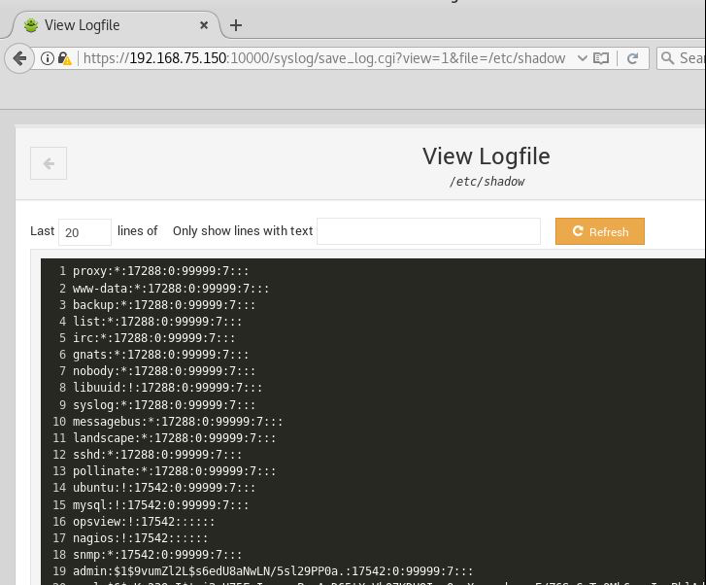International Conference of Big Data in Cyber Security
Our CEO, David Stubley will be speaking in Edinburgh at the International Conference on Big Data in Cyber Security on the 31st May 2018 at Napier University. With the threats to organisations increasing day by day, many organisations are moving towards SIEM (Secure Incident Event Management) to detect malicious activity. SIEM is now being applied in many different processes across the industry including security monitoring, incident response and cyber crime investigation.
The big data conference brings together industry, academia and law enforcement to share insights, ideas, expertise and resources in responding to current security challenges, and to look at the opportunities and challenges in managing and using big data in a cyber security context. The conference also aims to showcase a good practice in industry and network investigations.
The conference hopes to cover the following areas:
- insights into current high-profile security incidents, their impact, and how they are reported.
- impact of GDPR.
- key threats and risks associated with losing business critical data.
- leading tools, techniques and insights in network threat analysis, detection and investigation.
- best practice in implementing SIEM strategy.
- developing and testing effective incident response.
- evolution of the Security Operations Centre (SOC) and its emerging future requirements.
- the need for skills, knowledge and awareness across an organisation.
- latest research and innovation around threat discovery, machine learning, and data analysis.
David Stubley will be discussing ‘threat hunting in the Office 365 ecosystem’ at 2 pm in the Lindsay Stewart Theatre.
If you would like to know more about how we approach incident response, then please get in touch with our team.

